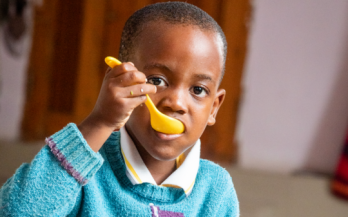

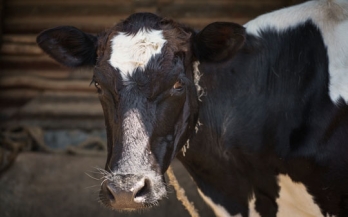
Empowering Communities through Sustainable Dairy Enterprises
Identifying a business opportunity, three graduates from Sokoine University of Agriculture, started a milk company called Shambani Graduate Enterprises in 2003.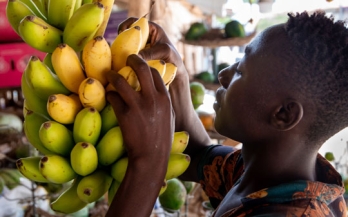
Africa Can Feed the World
Delegates numbering more than 5,000 and representing over 90 countries converged to explore strategies to harness Africa's vast potential in expediting the development of regional, national and sub national food systems that would not only benefit the continent but also the entire world.
Supporting African Governments to Advance Food Systems Transformation
Dar es Salaam, Global
Explore Africa's progress in food systems transformation as experts discuss policy integration, action prioritisation, and inclusive engagement. Discover how women, youth, and the private sector contribute to decision-making and investment across Africa. Development partners' insights will also spotlight ways to enhance collective actions for a robust food systems agenda in the continent.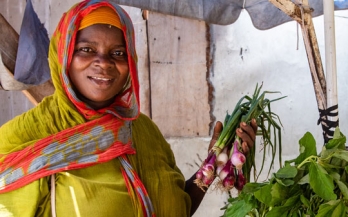
Africa Food Systems Forum (AGRF)
- Dar Es Salaam, Tanzania
The Africa Food Systems Forum (AGRF) will host its 13th annual summit in a hybrid event from Sep 5th -8th 2023 in Dar es Salaam, Tanzania. Hosted under the leadership of H.E Samia Suluhu Hassan, the president of the United Republic of Tanzania; this year’s summit is anchored around building Africa’s Food Systems and Food Sovereignty with the youth and women at the center.
Retail food environment and green spaces for healthy cities: a methodological approach based o
Online Webinar, Global
Retail food environments influence most aspects of food environments, that is what food is available, its price, quality, convenience and promotion, and the willingness to purchase and consume a healthy diet.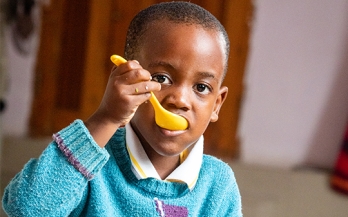
Increasing the consumption of nutrient-dense foods through schools in Tanzania
- 17/10/2022
The launch of the National School Feeding Guideline offers a strong lifeline to scale the provision of nutrient-dense fortified foods in schools.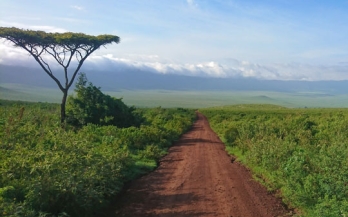
GAIN Policy Brief - Tanzania's path to food system transformation
- 20/04/2022
Tanzania’s comprehensive process of holding national and subnational dialogues, which informed its pathway document for the United Nations Food Systems Summit, is evidence of a strong political commitment to food systems transformation.
